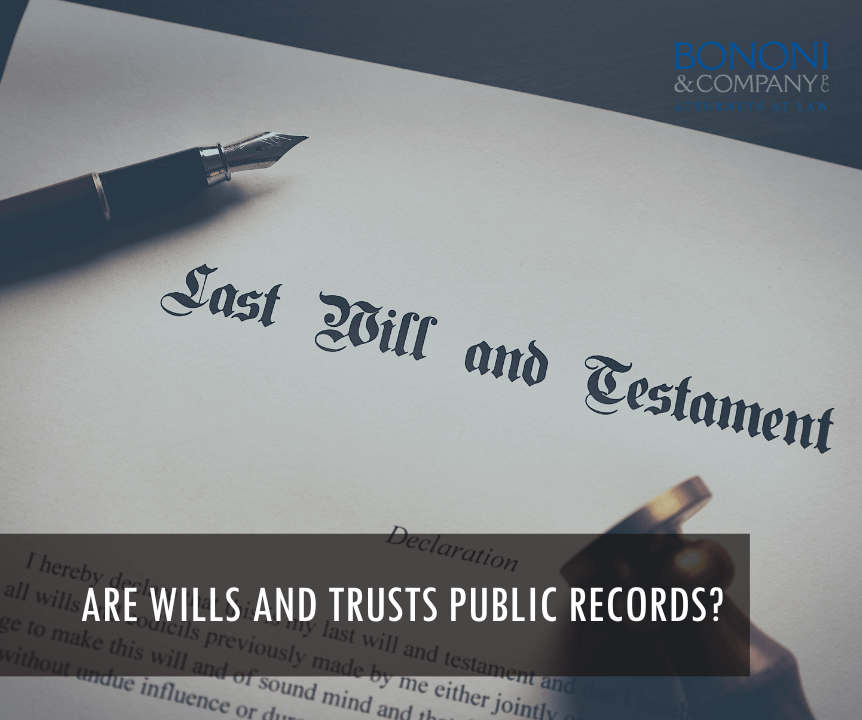
The public accessibility of wills and trusts depends on the jurisdiction and the specific laws governing estate planning in that jurisdiction. In many cases, wills and trusts are not considered public records during the lifetime of the individual who created them, which is the case in Pennsylvania. However, after the individual passes away, their will may become a matter of public record if and when it goes through the probate process.
Probate is the legal process by which a deceased person’s estate is administered and distributed according to their will or applicable laws if there is no will. During probate, the will is typically submitted to a court, and it becomes a public record that can be accessed by interested parties. This means that the contents of the will, including the assets and beneficiaries, can generally be viewed by the public.
On the other hand, trusts can provide more privacy compared to wills. Trusts are legal arrangements in which assets are held and managed by a trustee for the benefit of named beneficiaries. Trusts can be created during a person’s lifetime or as part of their will, and they can often avoid probate altogether. Since trusts typically don’t go through the probate process, they can remain private documents.
However, it’s worth noting that in some cases, trusts may become public records. For example, if a trust is involved in a legal dispute or if it needs to be filed with a government agency for specific purposes, it might become part of the public record.
If you have any questions about the topic discussed in this article, or any estate planning matter, please give us a call at Bononi & Company 724-832-2499.
